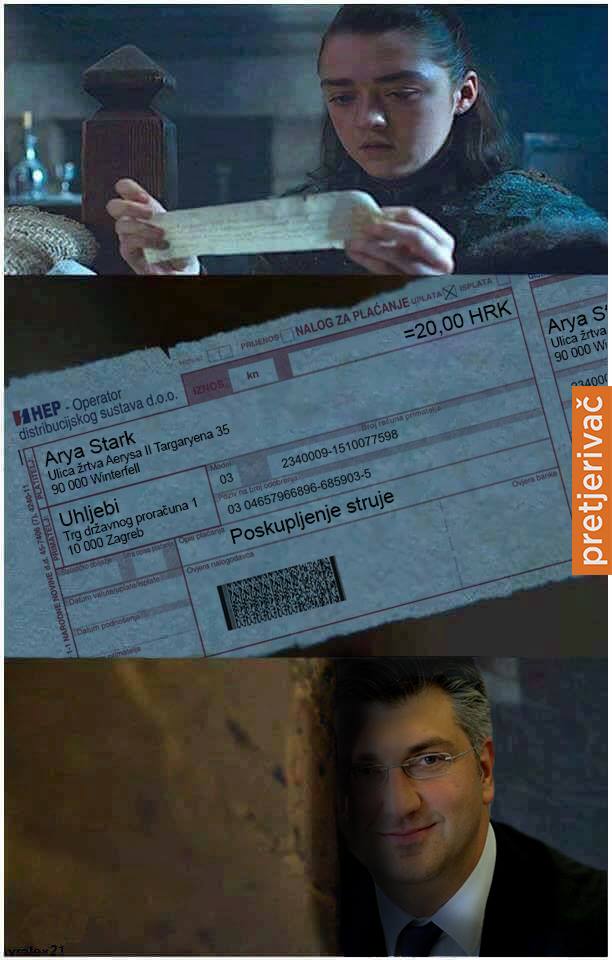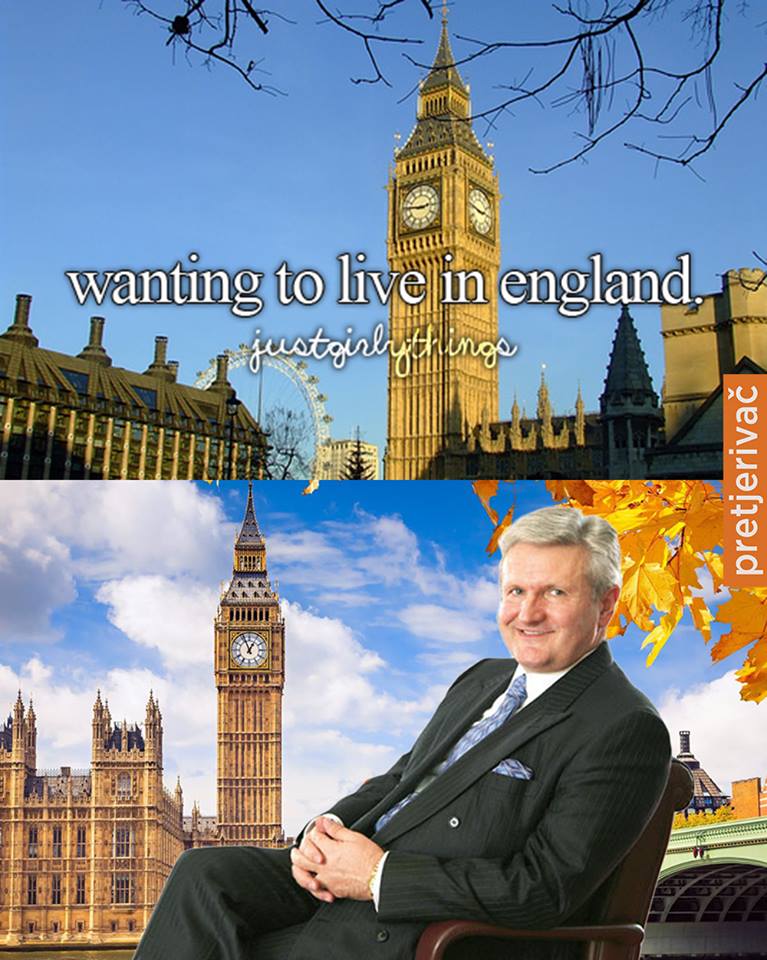Popular Croatian satire pages Pretjerivač and Di su pare? seem to have been removed from Facebook…
Maybe it’s the English stiff upper lip (alright, emotional disability) in me but I deeply believe in laughing instead of crying, I hope you’ll agree. Living in Croatia, there are very many opportunities to cry, so many in fact that the population of this little country could easily cause a potentially catastrophic flood if crying was done as some sort of collective activity or sport.
While some weep and wail and complain about how terrible and unjust the world is, many of us who are somewhat immune and dare I say, desensitised to the every day farces that take place on the dark, comedic stage that is daily life in Croatia, tend to seek out black humour related to the latest embarrassing event that has occurred in the country.
There are, or should I now say, WERE, some excellent examples of the finest, clever and witty Croatian humour, mainly in the form of online satirists and meme makers, who took to the internet and won over the crowds of dissatisfied and depressed citizens in their droves, attracting enormous followings with their up to date memes, jokes and satire. Two of the most popular, which unfortunately seem to have literally been banned by Facebook, were ”Pretjerivač” and ”Di su pare?”
Everything from sport to politics to news and foreign affairs was covered, and no public personality was safe, regardless of his or her profession. From sports figures such as Zdravko Mamić, Luka Modrić and Davor Šuker to political figures like Zoran Milanović, Tihomir Orešković and Andrej Plenković to unsavoury characters with a bit of spare cash like Ivica Todorić and Tomislav Horvatinčić, very witty memes were carefully created to highlight their weaknesses, foolishness and their frequent ”face palm” moments.

Pretjerivač, which translates as someone who overreacts or ”overdoes” something, had a following that most would envy and they seemed to work around the clock keeping their memes fresh and taking the p*ss out of the latest farce on the Croatian national stage, they had no regard for sensitivity, and those of us with a deeper understanding of the murky political undercurrents of Croatian society were keen followers of the page. Di su pare? Which is a very casual way of asking ”Where is the money?” also had a huge following for the same reason.
Real life in Croatia shocks some people, who stuggle to believe that the new shining tourism star of the European Union, the latest of 28 members, the country with a coastline to die for and a landscape that is enough to inspire the minds of artists worldwide, can actually often be a very depressing, frustrating and cold place to actually live. The picturesque former Yugoslav state is renowned for its red tape, its impossible, tear-inducing bureaucracy and its healthy population of uhljebs who, much like bacteria, thrive under these perfect conditions.
Indeed, the tumultous past of this country and the wider region are contributors to the difficulties of general life and often pathetic, laughable methods of governing even on the highest of levels. But when it comes to being a proud, modern and esteemed member of the European Union, a body of nations who are all on the same political and social wavelength, Croatia seems to be lagging. Especially when, in an EU member state, online humour is banned.
It would be all too easy to bang your head against a wall and cry out in despair at the sheer state of a country which breeds some of the most incredible sporting stars, entrepreneurs, medics, scientists and inventors, yet makes it near-on impossible for them to make anything of themselves, so they head straight for Germany, the UK and Ireland. It would be easy to fall into a deep depression and never emerge when told that you can’t open a company under the name you’d like to because the name has too much of a connection with the church. It would be even easier to drink yourself into unconsciousness when you’re told you’re being taken to court for not paying a small fee as a several-time murderer walks free into the sunset after taking the lives of innocent people.

What is harder to do, is to laugh at the incomprehensible absurdity of it all, and that is why Croatia’s Facebook satire pages earn the level of respect from the general public they do. No throwing their toys out of their prams, no sensitivity, and no social justice warriors. Inner peace is a wonderful thing and when there is nothing but depressing news violating your eyes and ears on a daily basis, comedians and satirists are the ones we turn to.
When we’re allegedly living in the 21st century, in a European Union member state with full access to so-called ”media freedom” (that’s another topic), free speech and freedom of access to the internet, and satire aimed mainly at the farce that is Croatia’s political and sporting corruption is removed from social media, one has to ask where we’ve really arrived to.
For now, those of us who prefer laughter to crippling depression can only mourn the loss of the genius Pretjerivač and Di su pare?, with the hope that Facebook will allow them to return and showcase the absurdities of life in Croatia once again.








